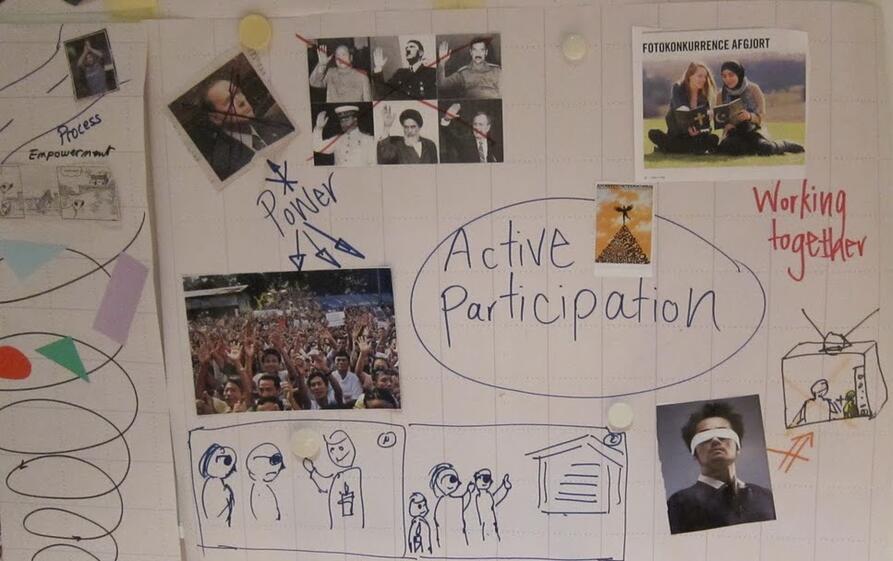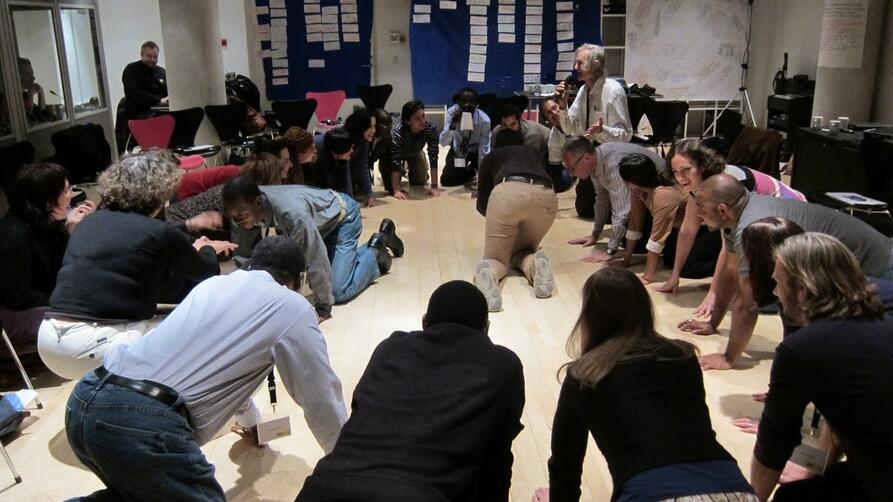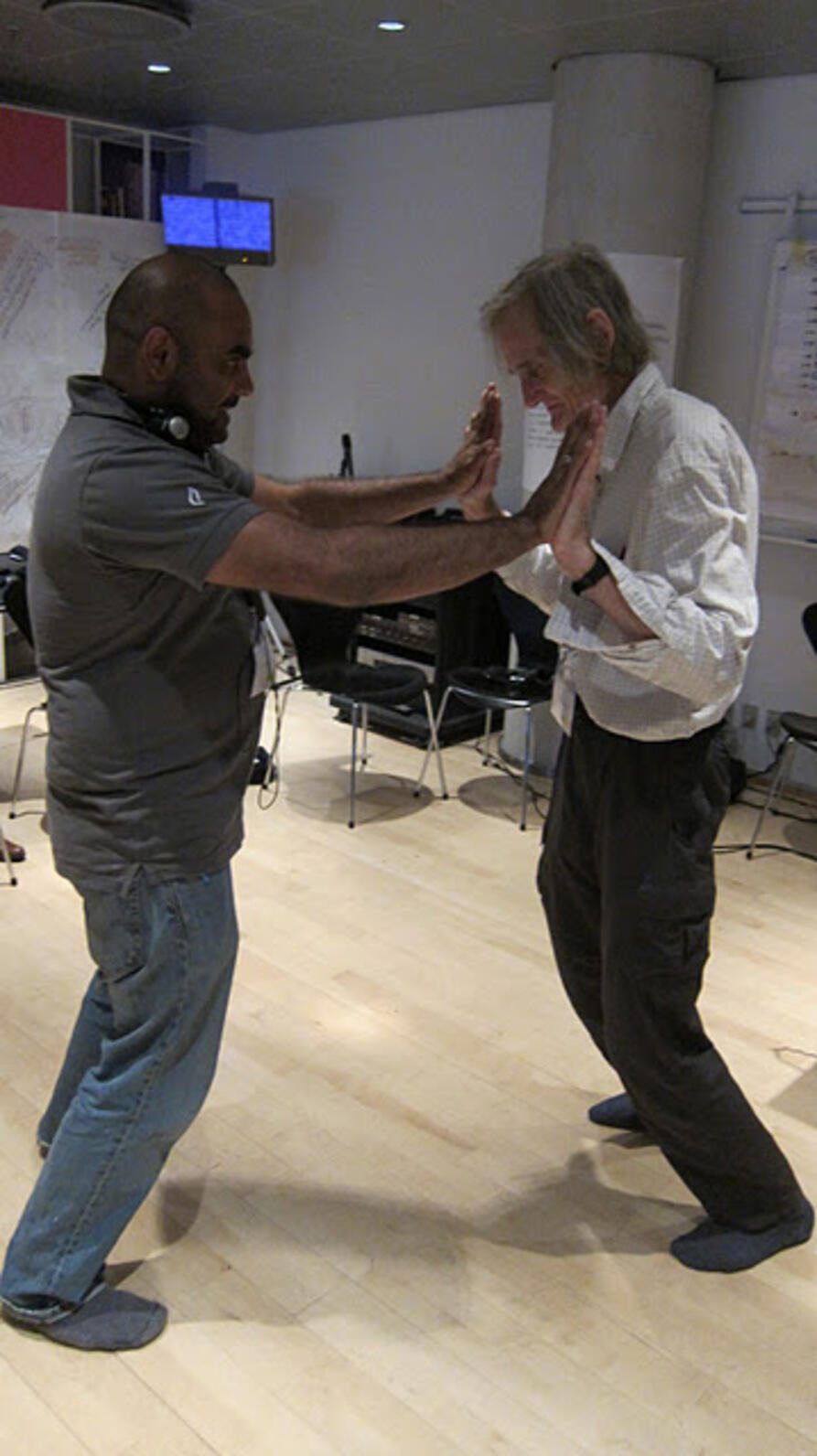
Building capacity and sharing resourses
To increase the knowledge amongst human rights education actors across the movement and contribute to greater collaboration, a project for capacity building has been implemented by the International Human Rights Education Centre. (IHREC)
Publisert:
29. nov 2011, kl. 14:47
|
Sist oppdatert:
19. des 2011, kl. 10:38
The focus of the project is on moving towards more transnational collaborations, enabling different human rights education actors to take leadership roles in the global Amnesty International human rights education network. The project also aims to continue the sharing of good human rights education practice.
A particular focus for the project is on balancing participation from the global south and north, integrating already existing networks, strengthening national level networks and establishing partnerships where Amnesty International has no presence.
Through the project, the wider human rights community will gain an increased awareness of the significant role human rights education plays in empowering members, supporters, partners and right- holders in human rights campaigns and activism.
Workshop on active participation
In November 2011, the IHREC held a capacity- building workshop on Active Participation and Empowerment in human rights education in Copenhagen, Denmark. The workshop was organised and run in cooperation with Amnesty International in Denmark.
The aim of the workshop was to develop the competence of participants in active participation in human rights education work, and contribute to building a global understanding of active participation in Amnesty.
The workshop brought together almost 30 human rights educators from around the world, including three staff members from the International secretariat in London and an external resource person, Robert Chambers, from the Institute of Development Studies at the University of Sussex, United Kingdom.
Reflecting on attitudes
By reflecting on attitudes and values of using active participation in our lives, and by using participatory methodology throughout the workshop, three objectives were defined: To build a shared understanding on active participation in human rights education, to develop skills in putting active participation into practice and to feed into Amnesty’s processes, strategies and plans with an active participation perspective.
During the workshop, the programme was changed and adapted according to the expressed needs of participants.
Different participatory methodologies were used throughout the workshop, with reflection on how participants could take their learning and use it in their current working context.
Positive results
At the end of the workshop there was space given to reflect on how the conclusions can contribute to Amnesty International’s move to include active participation principles and practice throughout the organisation.
The participants evaluated the outcomes of the workshop positively and clearly indicated what they learnt and how they would use their new learning.
Experiences gained in the workshop will also be included in a guide on ‘Active Participation in Human Rights Education’ currently being put together by the International Secretariat.



A particular focus for the project is on balancing participation from the global south and north, integrating already existing networks, strengthening national level networks and establishing partnerships where Amnesty International has no presence.
Through the project, the wider human rights community will gain an increased awareness of the significant role human rights education plays in empowering members, supporters, partners and right- holders in human rights campaigns and activism.
Workshop on active participation
In November 2011, the IHREC held a capacity- building workshop on Active Participation and Empowerment in human rights education in Copenhagen, Denmark. The workshop was organised and run in cooperation with Amnesty International in Denmark.
The aim of the workshop was to develop the competence of participants in active participation in human rights education work, and contribute to building a global understanding of active participation in Amnesty.
The workshop brought together almost 30 human rights educators from around the world, including three staff members from the International secretariat in London and an external resource person, Robert Chambers, from the Institute of Development Studies at the University of Sussex, United Kingdom.
Reflecting on attitudes
By reflecting on attitudes and values of using active participation in our lives, and by using participatory methodology throughout the workshop, three objectives were defined: To build a shared understanding on active participation in human rights education, to develop skills in putting active participation into practice and to feed into Amnesty’s processes, strategies and plans with an active participation perspective.
During the workshop, the programme was changed and adapted according to the expressed needs of participants.
Different participatory methodologies were used throughout the workshop, with reflection on how participants could take their learning and use it in their current working context.
Positive results
At the end of the workshop there was space given to reflect on how the conclusions can contribute to Amnesty International’s move to include active participation principles and practice throughout the organisation.
The participants evaluated the outcomes of the workshop positively and clearly indicated what they learnt and how they would use their new learning.
Experiences gained in the workshop will also be included in a guide on ‘Active Participation in Human Rights Education’ currently being put together by the International Secretariat.



